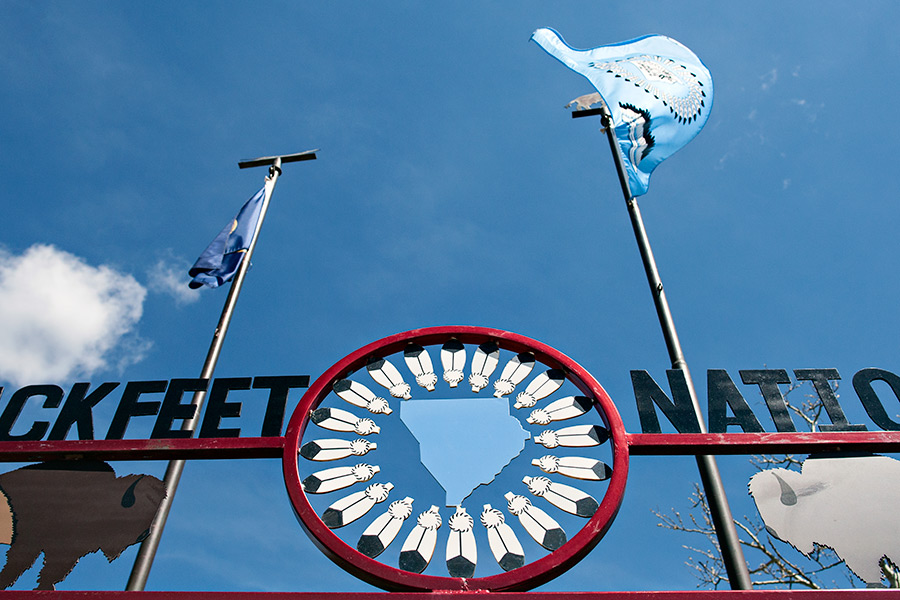For the first time in more than eight decades, Blackfeet tribal members will get the chance to vote on a new form of government.
A secretarial election is set for May 22, when tribal members from the Blackfeet Indian Reservation and across the country will vote on whether to implement a new constitution and reform the tribal government.
In the coming weeks, the Bureau of Indian Affairs will send a registration packet to every Blackfeet member, regardless of where they live. The packet will include copies of the current and proposed constitution. Members will have to fill out and return the registration application prior to being issued a ballot. They will then have to return the ballot by May 22. At least 30 percent of the members who register to vote must participate in order for the secretarial election to be valid.
Officials on the reservation have called the effort to reform the tribe’s government “drastic” and “historic.” The effort first began two years ago after the Blackfeet Tribal Business Council splintered into two factions, leading to numerous government shutdowns and tribal employees going unpaid for weeks at a time. Some believe the problems resulted from the tribal government’s centralized structure, which was established by the Wheeler-Howard Act of 1934. Under that system, nearly all power on the reservation falls within the chambers of the tribal council.
Over the last two years, a citizen group has drafted a new constitution that was submitted and approved by the BIA last year. The document calls for the creation of a three-pronged government to replace the nine-person tribal council. The executive branch would manage the tribe’s day-to-day operations and have a president and vice president that each serve three-year terms. In order to qualify to run for president or vice president, a tribal member would have to be 30 years of age or older, a resident of the reservation for at least five years and have a high school degree or higher. There would be no term limits for the executive branch.
The legislative branch would have 13 representatives from around the reservation and meet twice a year to enact laws. The reservation would be separated into districts, with six representatives from Browning, two from North Browning, two from Seville, one from Old Agency and two from Heart Butte.
Lastly, the new constitution would create an independent judicial branch with a tribal court and appellate court. An elected chief justice would oversee the judicial branch and appoint associate judges.
Proponents of the new constitution will be holding public meetings about the proposed document in the coming weeks. One of the supporters and citizen authors, George Heavy Runner, said he is confidant it will be approved by the voters.
“I think after 87 years people are ready to move our government in a new direction,” he said.
The constitutional reform election is one of two important votes tribal members will be casting this spring. The tribal council has set April 20 as the day for members to vote on whether to the Blackfeet Water Compact and Blackfeet Water Rights Settlement Act, which was approved by Congress last year.
